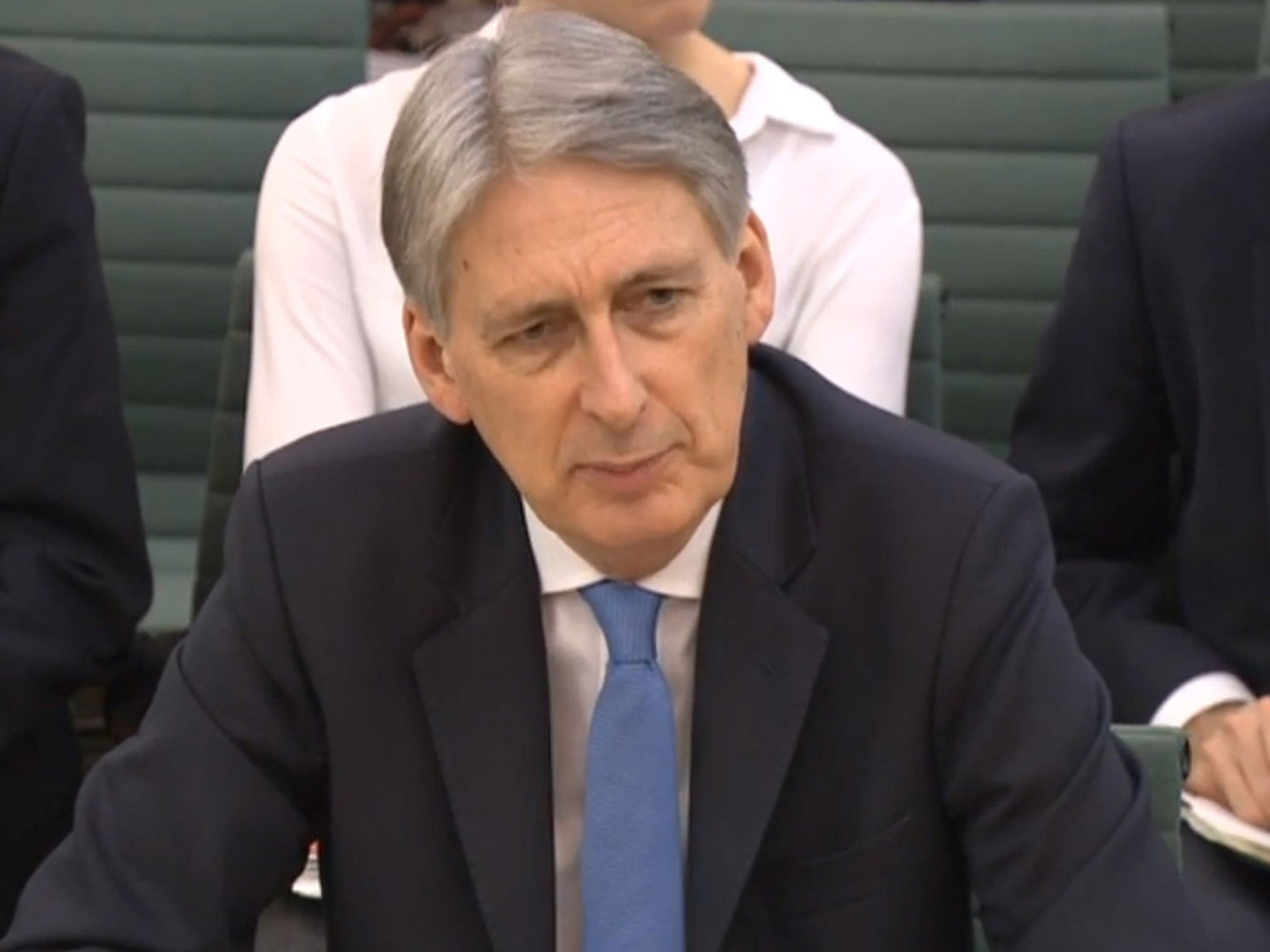UK public borrowing continues to fall despite official pessimism over tax revenues
The Government’s estimated deficit fell to £8.7bn in November, down £200m on a year earlier

The UK’s public borrowing continued to fall last month, despite the pessimism of the Treasury’s official forecaster about tax revenues over the rest of the Parliament.
The government’s estimated deficit fell to £8.7bn in November, down £200m on the same month a year earlier, the Office for National Statistics reported.
It was also below the £8.9bn expected by City of London analysts.
Tax revenues were up 5 per cent year-on-year in the month, while spending rose 3.6 per cent.
Public sector borrowing over the financial year to date (April to November) is estimated at £48.1bn, down from £51.3bn in the same month last year and the lowest total since before the 2008-09 recession.
In the November Autumn Statement the Office for Budget Responsibility (OBR) had forecast full-year borrowing for 2017-18 of £49.9bn, reflecting the fact that January is always a major surplus month for the public finances but also expectations that the improving trend will fall away somewhat in the closing months of the financial year.
In the Autumn Statement, the OBR pencilled in an additional £30bn of public borrowing over the next four years on the back of its major productivity growth downgrades for the UK economy.
“We wouldn’t get too carried away by these figures,” said Ruth Gregory of Capital Economics.
“While a continuation of the current trend would see borrowing undershoot the OBR’s forecast by £7bn, some deterioration in the public finances should occur towards the end of the fiscal year. In particular, strong self-assessment tax receipts collected in January and February 2017 – due to changes in the dividend tax rate – won’t be repeated.”
Samuel Tombs of Pantheon said: “The Chancellor can go on his Christmas vacation content that the public finances have weathered the economy’s slowdown well this year. But with slow growth likely to persist next year and little margin for error now left to meet fiscal rules, it’s unlikely that [he] will be able to soften his fiscal plans materially further again.”
Subscribe to Independent Premium to bookmark this article
Want to bookmark your favourite articles and stories to read or reference later? Start your Independent Premium subscription today.

Join our commenting forum
Join thought-provoking conversations, follow other Independent readers and see their replies